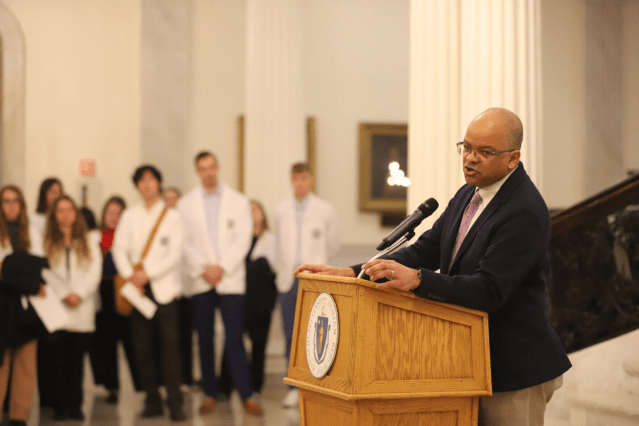Frontline Heroes: How Physician Assistants Are Bridging Critical Healthcare Gaps

As the healthcare system grapples with a shrinking primary care workforce and the lingering challenges posed by the COVID-19 pandemic, physician associates (PAs) are emerging as a critical solution to improving medical access and patient care.
The current healthcare landscape is marked by significant strain, with primary care physicians facing unprecedented burnout and workforce shortages. Physician associates offer a versatile and responsive approach to addressing these systemic challenges, providing high-quality, compassionate medical care across diverse healthcare settings.
PAs are uniquely positioned to bridge critical gaps in healthcare delivery. Their comprehensive training allows them to diagnose illnesses, develop treatment plans, prescribe medications, and work collaboratively with physicians to ensure patients receive timely and effective care. In an era of increasing medical complexity, these healthcare professionals represent a dynamic and adaptable resource for communities struggling with limited medical access.
The ongoing pressures from the COVID-19 pandemic and healthcare system disruptions have only underscored the importance of flexible, skilled medical professionals like physician associates. By expanding the primary care workforce and offering innovative care models, PAs are helping to create more resilient and responsive healthcare systems that can better meet the evolving needs of patients nationwide.
